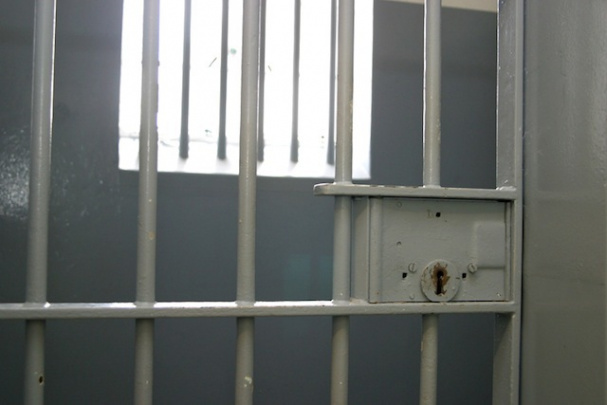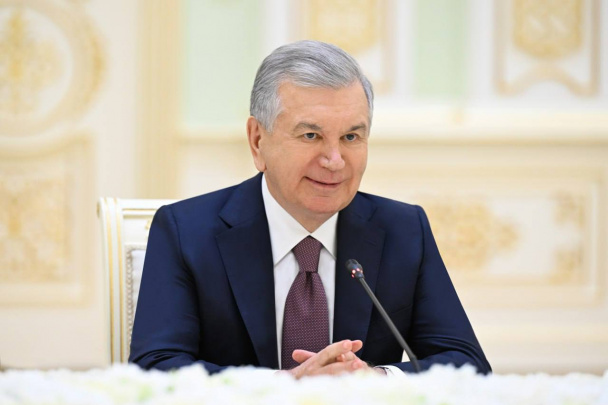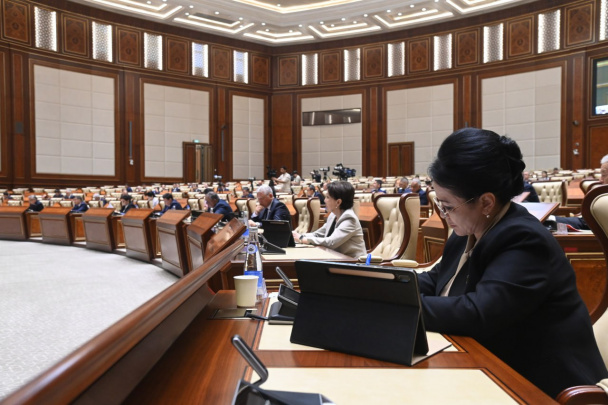From blocking to throttling: Uzbekistan's new approach to online platform regulation
Online platforms that consistently fail to cooperate with the authorized government body may have their access speed reduced within Uzbekistan by court decision, according to a newly proposed law. The move signals a shift away from full-scale blocking.
The draft law, titled “On the Protection of User Rights on Online Platforms and Websites,” has been published for public discussion.
According to the Agency for Information and Mass Communications (AIMC), the number of internet users in Uzbekistan increased from 14.7 million in 2017 to 32.7 million in 2025. The most popular platforms include:
- Telegram – 28 million users
- Odnoklassniki – 19.2 million
- Facebook – 2.3 million
- VKontakte – 1.5 million
- LinkedIn – 850,000
- X (Twitter) – 250,000
Currently, there are no clear legislative standards outlining the rights of online platform users in Uzbekistan, and content distribution requirements are scattered and not systematically regulated under national law.
Driven by the need to protect internet users' rights, the draft law was developed with the involvement of various government agencies, public organizations, and media experts. It aims to liberalize current legislation in the field of online platforms and close existing regulatory gaps.
Key objectives and principles of the draft law:
- Legality – All activity in the online space must comply with the law.
- User rights priority – Users’ rights to access information, express opinions, and use the internet safely must be ensured.
- No censorship – Freedom of access to content not prohibited by law will be guaranteed.
- Transparency and security – The law seeks to combat the spread of illegal content and ensure the security of personal data.
The draft law will not apply to registered mass media outlets operating online, as their activities are regulated under the existing Law “On Mass Media.”
One significant provision allows the court-ordered slowing of access speed to online platforms that do not engage in systematic cooperation with the relevant authority. This replaces the previous practice of full-scale blocking.
Additionally, some burdensome requirements previously imposed on bloggers have been revised. The draft law also proposes modern solutions to address the issue of anonymous profiles, channels, and groups.
Special attention is given to combating cybercrime, including phishing and spam resources, which are now to be officially categorized as unlawful content.
Notably, the draft law does not introduce new forms of liability, fines, or punitive measures for non-compliance. Instead, it avoids financial sanctions or penalties, focusing instead on legal and regulatory clarity.
Related News

18:21
Uzbekistan introduces mandatory health checks for detainees to curb torture

12:21
President Mirziyoyev congratulates journalists, announces new reforms for media sector

14:42 / 26.06.2025
Labor migration bill rejected for further amendments: Senate seeks stronger protections and accountability

17:13 / 25.06.2025



